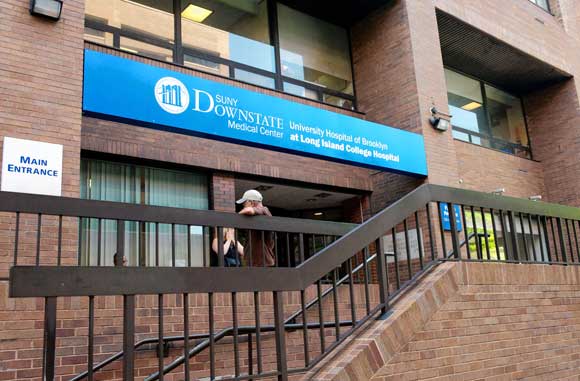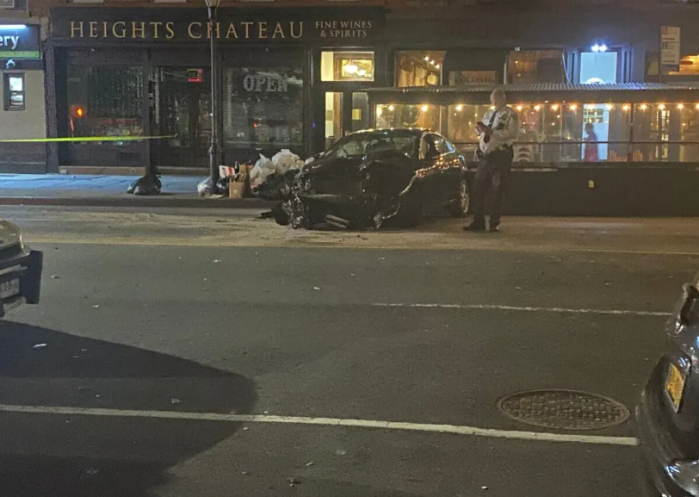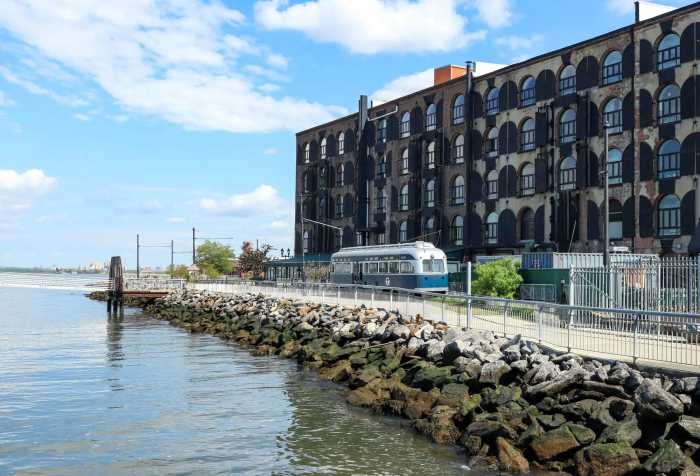The State University of New York broke the law when it held a secret meeting the day before it decided to close the money-losing Long Island College Hospital, a judge ruled late on Thursday in a decision likely to delay, but not derail, efforts to shutter the medical center.
New York Supreme Court judge Johnny Lee Baynes agreed with activists who sued to keep the beloved-but-beleaguered hospital open, deciding that the state panel intended to deceive the public when it turned an open meeting into a private executive session that “failed to meet the standard for transparency” required by state law.
“It is this court’s determination that respondents notice was so intentionally vague as to shield the public from the true purpose of the meetings,” Baynes ruled. “Moreover, the timing of entry into executive session almost immediately after commencing the meeting of the committee, without any specificity as to the purpose of the executive session, appears also to be specifically designed to deny the public the transparency guaranteed by the open meetings law.”
The judge’s decision annuls the board’s vote to close the ailing hospital, until the panel can reconvene and redo the process — legally.
Robert Bellafiore, a spokesman for the State University of New York, said that a new vote will be held next week, but pro-hospital activists — who have widely painted the plan to close LICH as a state real estate grab targeting the medical center’s estimated $500 million property holdings — are still calling the decision a win.
“This ruling validates what nurses have been saying all along: SUNY acted unlawfully and irresponsibly when they voted to close our community hospital,” said Jill Furillo, executive director of the New York State Nurses Association, in a statement.
The university, which for weeks claimed the meeting had nothing to do with real estate, reversed course in court filings in which it stated the secret discussion was legal because board members used it to chat about property, union issues, layoffs, and matters of the law.
SUNY spokesman David Doyle said it will push ahead with plans to close the hospital, which SUNY claims is responsible for 40 percent of Downstate’s $179-million debt, because “time is of the essence.”
“We strongly disagree with the court’s interpretation of the events surrounding the board of trustees vote, and the ruling hinges on a procedural technicality and does not question SUNY or Downstate’s legal ability to seek closure for LICH,” said Doyle.
Should the state university re-vote to close Long Island College Hospital, the state department of health will need to approve the closure before it can go into effect.
Reach reporter Jaime Lutz at jlutz@cnglocal.com or by calling (718) 260-8310. Follow her on Twitter @jaime_lutz.
























